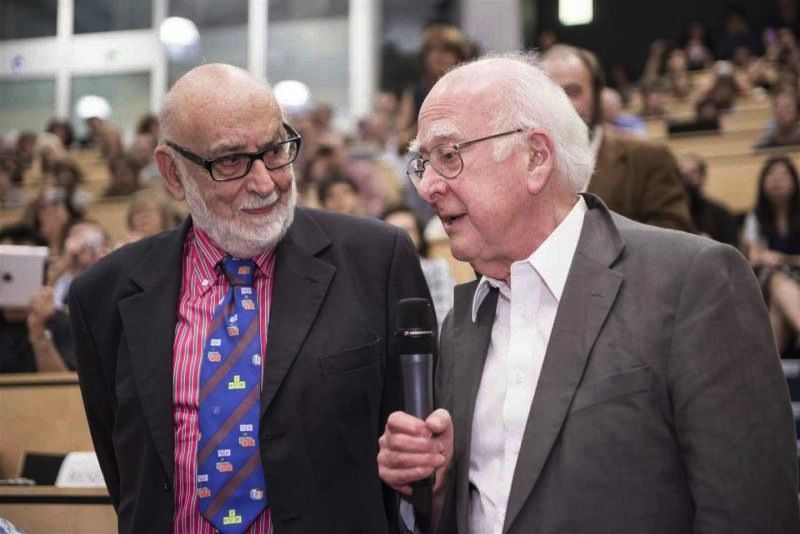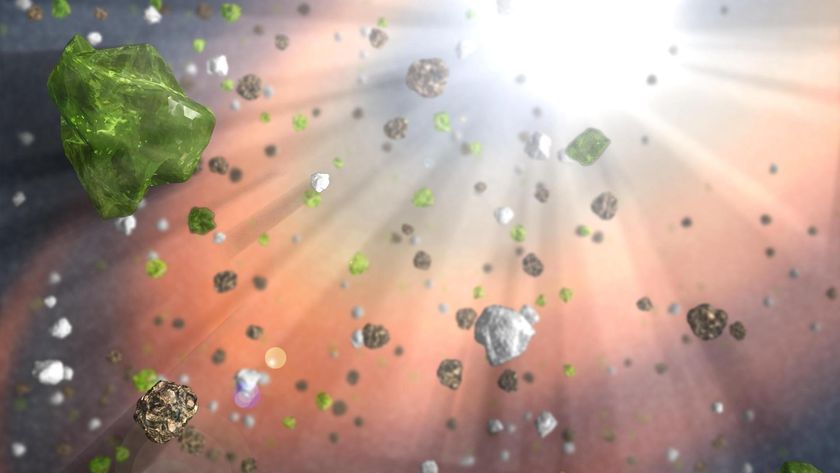
Nobel-Winning Physicist Peter Higgs to Retire Next Year

British physicist Peter Higgs, co-winner of the recently announced 2013 Nobel Prize in physics, plans to retire next year, after he turns 85, according to the BBC. The renowned scientist stopped teaching full-time 17 years ago, but he has remained in the public eye thanks to the publicity surrounding last year's discovery of the Higgs boson, an elementary particle that bears his name.
In July 2012, two separate research teams at the Large Hadron Collider, the world's largest atom smasher, reported evidence of a new particle thought to be the Higgs boson, an elementary particle believed to be associated with a field that gives other particles their mass.
The discovery, which was confirmed earlier this year, represents the last piece of the puzzle predicted by the Standard Model, the reigning theory of particle physics. Confirmation of the long-sought Higgs boson was lauded as one of the crowning achievements of the field.
In 1964, Higgs was one of several particle physicists who conducted landmark research on the theory of particle masses. Higgs was the first to explicitly state the Standard Model required the existence of a new particle. The proposed particle was named after him in 1972.
Higgs and Francois Englert, of Belgium, were awarded the Nobel Prize on Oct. 8 for their work, which laid the foundation for a decades-long search for the Higgs boson.
Yet, Higgs said he feels uncomfortable sharing the ranks of other Nobel Prize winners, since unlike well-known scientists such as Albert Einstein, his work on the Higgs boson did not occupy the majority of his career.
"I'm getting the prize for something which took me two or three weeks in 1964," Higgs told the BBC. "It's a very small amount of my life."
Sign up for the Live Science daily newsletter now
Get the world’s most fascinating discoveries delivered straight to your inbox.
Follow Denise Chow on Twitter @denisechow. Follow LiveScience @livescience, Facebook & Google+.

Denise Chow was the assistant managing editor at Live Science before moving to NBC News as a science reporter, where she focuses on general science and climate change. Before joining the Live Science team in 2013, she spent two years as a staff writer for Space.com, writing about rocket launches and covering NASA's final three space shuttle missions. A Canadian transplant, Denise has a bachelor's degree from the University of Toronto, and a master's degree in journalism from New York University.











